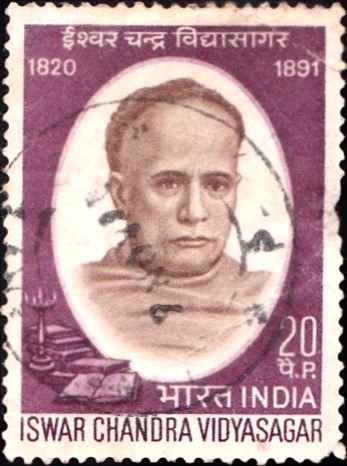
Ishwar Chandra Vidyasagar
A commemorative postage stamp on the 150th Birth Anniversary of Iswar Chandra Vidyasagar, an Indian Bengali polymath and a key figure of Bengal Renaissance :
 Issued by India
Issued by India
Issued on Sep 26, 1970
Issued for : The Post and Telegraph Department is happy to bring out a special commemorative stamp in honour of Ishwar Chandra Vidyasagar, the great educationist and social reformer, on the occasion of his 150th birth anniversary.
Description of Design : The design of the stamp is vertical and depicts a portrait of Ishwar Chandra Vidyasagar in the middle of the stamp against an oval background. On the left side bottom, some books and a lamp, the symbol of education are shown.
Type : Stamp, Postal Used
Colour : Red Purple & Dark Brown
Denomination : 20 Paise
Overall Size : 3.91 x 2.90 cms.
Printing Size : 3.56 x 2.54 cms.
Perforation : 13 x 13
Watermark : Printed on unwatermarked adhesive stamp paper
Number Printed : 30,00,000
Number per issue sheet : 35
Printing Process : Photogravure
Designed and Printed at : India Security Press
Name : Ishwar Chandra Bandyopadhyay
Born on Sep 26, 1820 at Birsingha, Paschim Midnapore, West Bengal, India
Died on Jul 29, 1891 at Kolkata, West Bengal, India
About :
- Of the makers of modern Bengal, one of the names to be remembered and cherished most is that of Pandit Iswar Chandra Vidyasagar. The social and literary resurgence of the country in general, and of Bengal in particular in the mid 19th century is, in no small measure, due to his far-searching vision and dynamic lead.
- Ishwar Chandra was born in a very poor Brahmin family in the village of Birsingha in the district Midnapore on September 26, 1820. His father was Shri Thakurdas Bandyopadhyay. After initial schooling in the village Pathshala, he entered the Government Sanskrit College in 1829. His career in the Sanskrit College upto 1841 is distinguished by his amazing attainment in the different branches of Sanskrit studies. He was easily the first and carried away innumerable prizes in the school for his scholarship.
- In 1841, he entered service as Head Pandit at Fort William College was an institution for training of British ICS officers in Bengali and Hindi. His first literary publication, ‘Betal Panchavingsati‘ was followed by various other books, mostly Bengali translations of renowned Sanskrit texts like ‘Shakuntala’, ‘Sitar Vanvas’, etc. He also popularised and simplified the study of Sanskrit Grammar by the publication of his ‘Upakramanika’. His contribution to the literary world rightly entitled him to be called one of the fathers of modern Bengali prose.
- In 1850, Vidyasagar joined the Government Sanskrit College as teacher of Literature. The next year he was appointed Principal of the same college. During his principalship of the college over a period of 7 years, Vidyasagar effected various salutary reforms in the academic and administrative atmosphere of the college. He improved the standard of discipline. Later year saw Vidyasagar as Inspector of Schools for the southern districts of Bengal. In that capacity, he founded a number of model schools in the district of Nadia, Burdwan, Hooghly and Midnapore. He established numerous girls’ schools as well. He also collaborated with Drinkwater Bethune in founding the Bethune College for Girls.
- In 1858, Vidyasagar gave up the post of principalship of the Sanskrit College and turned his attention and energy to educational and social reforms in the country. Already in 1855-56 he had led the movement for widow–remarriage and abolition of polygamy in Hindu society. In 1861, Vidyasagar became the secretary of the Calcutta Training School which was founded in 1859 and which was later renamed as Metropolitan Institution in 1864. The object of this institution was to impart English education to middle class boys on very nominal fees.
- ‘The Hindu Family Annuity Fund‘ was another philanthropic institution founded by Vidyasagar who was himself the trustee of this organisation for some year. The Fund was established for rendering financial help to destitutes and widows. Perhaps, the most memorable achievement of Vidyasagar‘s life is the college which bears his name. The Metropolitan Institution which was originally a school, was raised to the status of a college is one of the biggest and illustrious institution under the Calcutta University imparting Honours education in all subjects in Science and Humanities.
- In 1808, Vidyasagar was honoured by the then Government with a title of C.I.E. as a mark of recognition of the valuable social and academic services rendered by him, through long years. He died on July 29, 1891. He was a man with a mission, a man with a message. His life was one of dedication to the cause of Education.


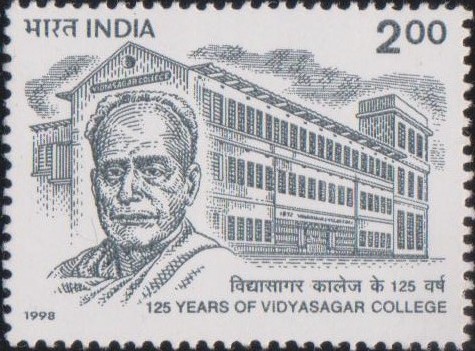
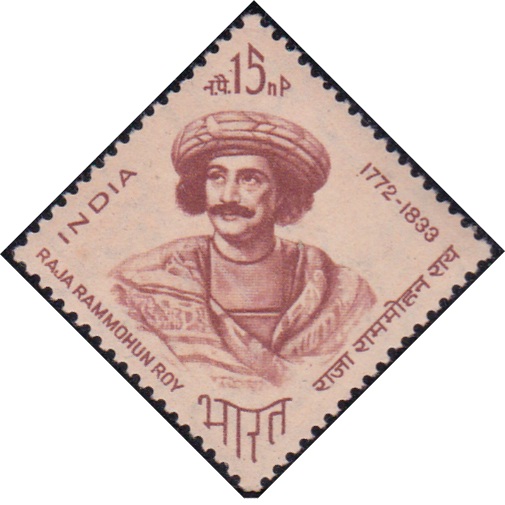
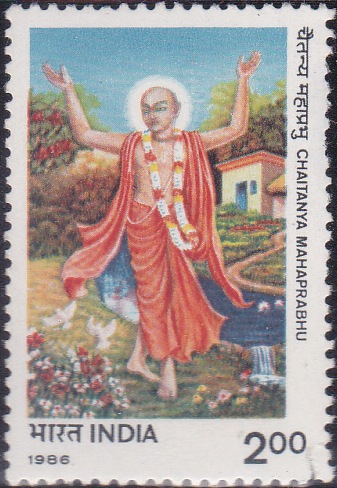
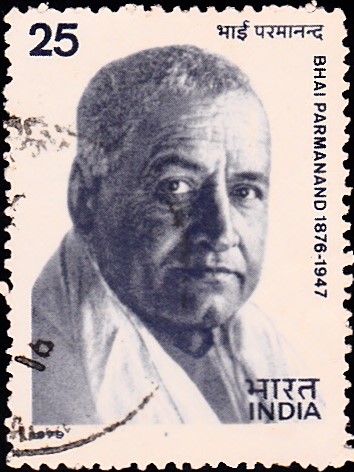
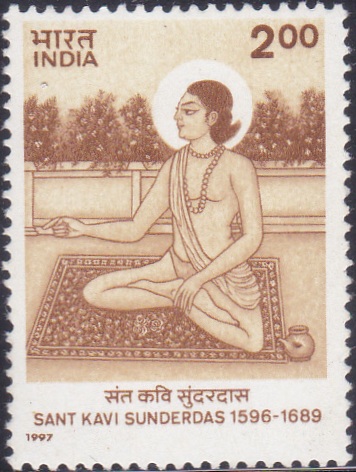
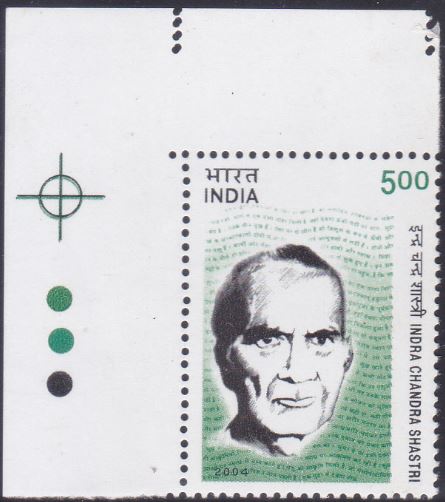
[…] college was founded by the illustrious Pundit Ishwar Chandra Vidyasagar as “Metropolitan Institution“ in the year 1872. It was rechristened as […]
[…] Pandit Iswar Chandra Vidyasagar who entered this College as a student in 1829, completed his studies in 1841 and became the first Principal of this College in 1851. He made vigorous attempts to reorient the curricula of Sanskrit studies and made English a compulsory subject. A student of this College obtained B.A. degree for the first time in 1860. Pandit Mahesh Chandra Nyayaratna introduced the Public Sanskrit examination by conferring the ‘TIRTHA’ title to successful students in different branches of Sanskrit. […]